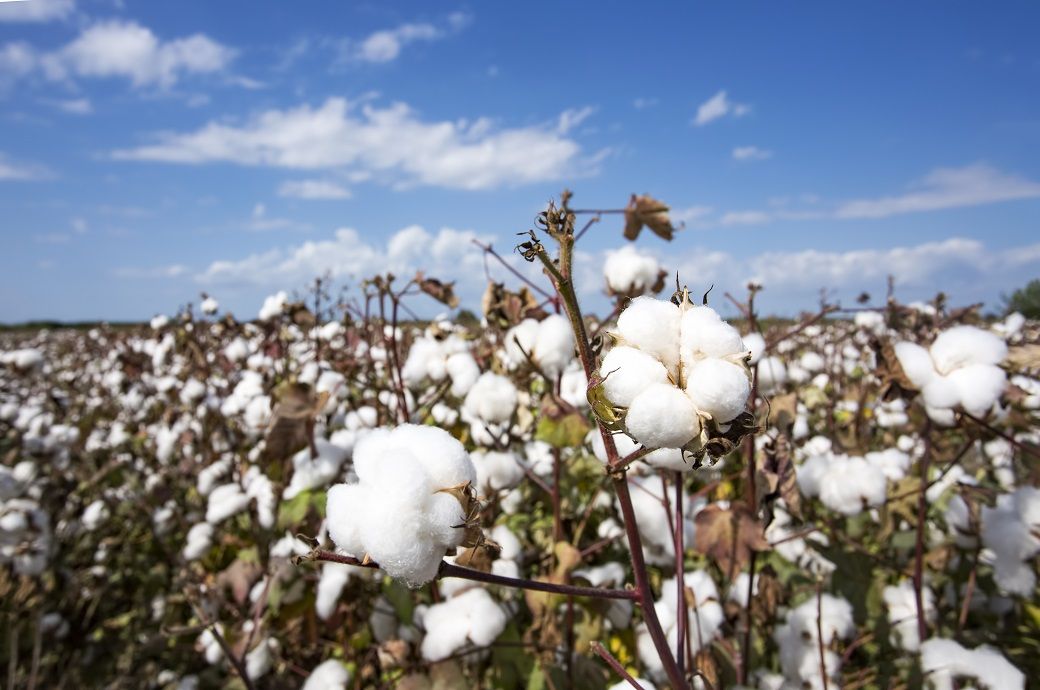
The dialogue was hosted by Bangladeshi-American firm AmeriBangla Corporation.
While US cotton costs 5-6 cents more per pound now than imports from West Africa, Brazil and India, direct procurement from US farmers could eliminate this cost gap, while also delivering superior quality, AmeriBangla chief executive officer Aswar Rahman argued that.
The development comes amid tariff negotiations between Dhaka and Washington remaining deadlocked.
As US cotton has less than 2 per cent waste compared to nearly 10 per cent from other sources, every 1 per cent waste implies 1.5 per cent production loss, Rahman said. “Plus, its full traceability provides a major compliance edge for exporters targeting Western markets,” he was quoted as saying by media outlets in Bangladesh.
US cotton exports to Bangladesh have already slipped to just 6 per cent of total imports during the first seven months of the last fiscal, Rahman cautioned.
Frustrated by market access hurdles and declining export share, US cotton growers are now ready to bypass traditional merchant networks, if Bangladesh can ensure bonded warehousing and a streamlined ordering process.
In return, these politically powerful farmers—who hold sway in 17 southern US states—would lobby Congress to ease tariffs on Bangladeshi garments.
“With the US Congress holding the final say on trade terms, farmers’ backing could become a powerful tool for Bangladesh,” said Rahman. “But the window is narrow. August is when Congressmen are in their home districts and most open to constituent influence.”
To support the push, AmeriBangla plans to launch an overseas showroom showcasing apparel made from US cotton, anticipating that future US trade policy may incentivise the use of home-grown fibre in global exports.
ALCHEMPro News Desk (DS)
Receive daily prices and market insights straight to your inbox. Subscribe to AlchemPro Weekly!